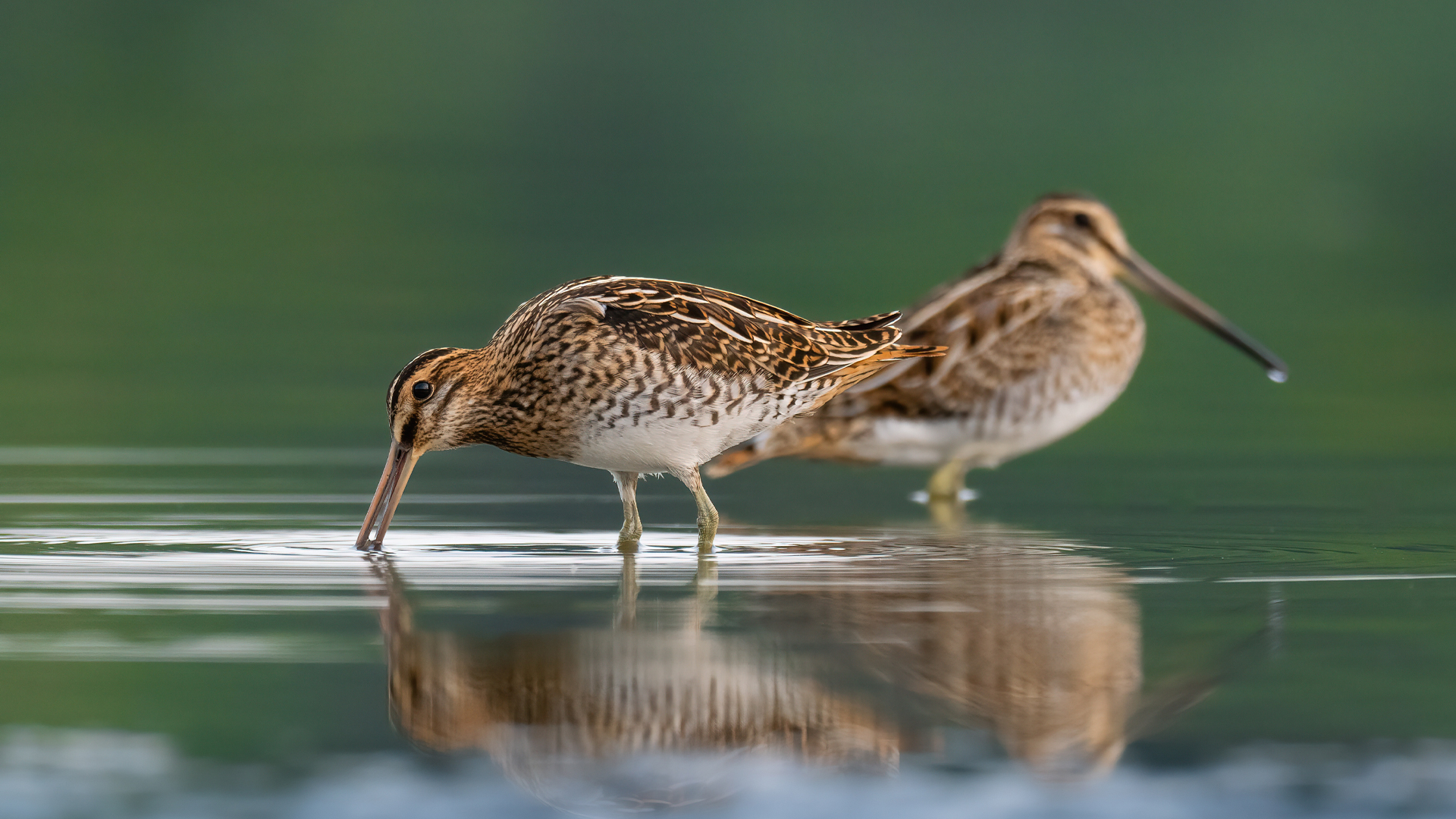Fathers acting like mothers: Hungarian researchers uncover why bird parents swap sex roles
Social factors determine whether the male takes on the female's role in parental care, according to a study led by the HUN-REN–PE Evolutionary Ecology Research Group. Representing a significant advancement in the field, this study contributes to unravelling the evolutionary conundrum of sex roles.

Researchers from the HUN-REN–PE Evolutionary Ecology Research Group, the HUN-REN–UD Evolution of Reproductive Strategies Research Group, and the Institute for Biology at the University of Veterinary Medicine tackled the evolutionary dilemma of why males and females have different roles in reproduction. According to Nolwenn Fresneau, leading author of the paper, one of their main questions was why some species exhibit reversed sex roles whereby males take on full parenting duties instead of fertilising many females. This ground-breaking research was published in the Proceedings of the National Academy of Sciences (PNAS).
Previously, it was thought that sex-role reversal is due to ecological factors (e.g., food availability); however, present results show that social factors, including adult sex ratio, i.e., the availability of potential mating partners, are the main drivers shaping reproductive behaviour and parenting.
The diversity and origins of sex roles have intrigued evolutionary biologists for decades. This study represents a significant advancement in the field by highlighting the importance of social environment. For example, with few females, males are more likely to take on exclusive responsibility for offspring care. The researchers examined shorebirds that exhibit diverse sex roles in nature. The results show that reversed sex roles are most strongly associated with both male-skewed adult sex ratios and high breeding densities. These novel findings represent a significant departure from previous theories, which focused almost exclusively on ecological factors, such as the availability of food for parents and offspring or hatching success of the nests.
Additionally, the study examined the additive and interactive effects of both ecological and social factors, providing further insights into the evolutionary dynamics of sex roles.
For the first time, the phylogenetic path analysis carried out as part of the study provide general support for adult sex ratios – the relative number of males to females – driving sex role variations rather than being a consequence of sex roles. Together, these important results open future research directions by showing that different mating opportunities of males and females play a major role in generating the evolutionary diversity of sex roles, mating systems, and parental care.

